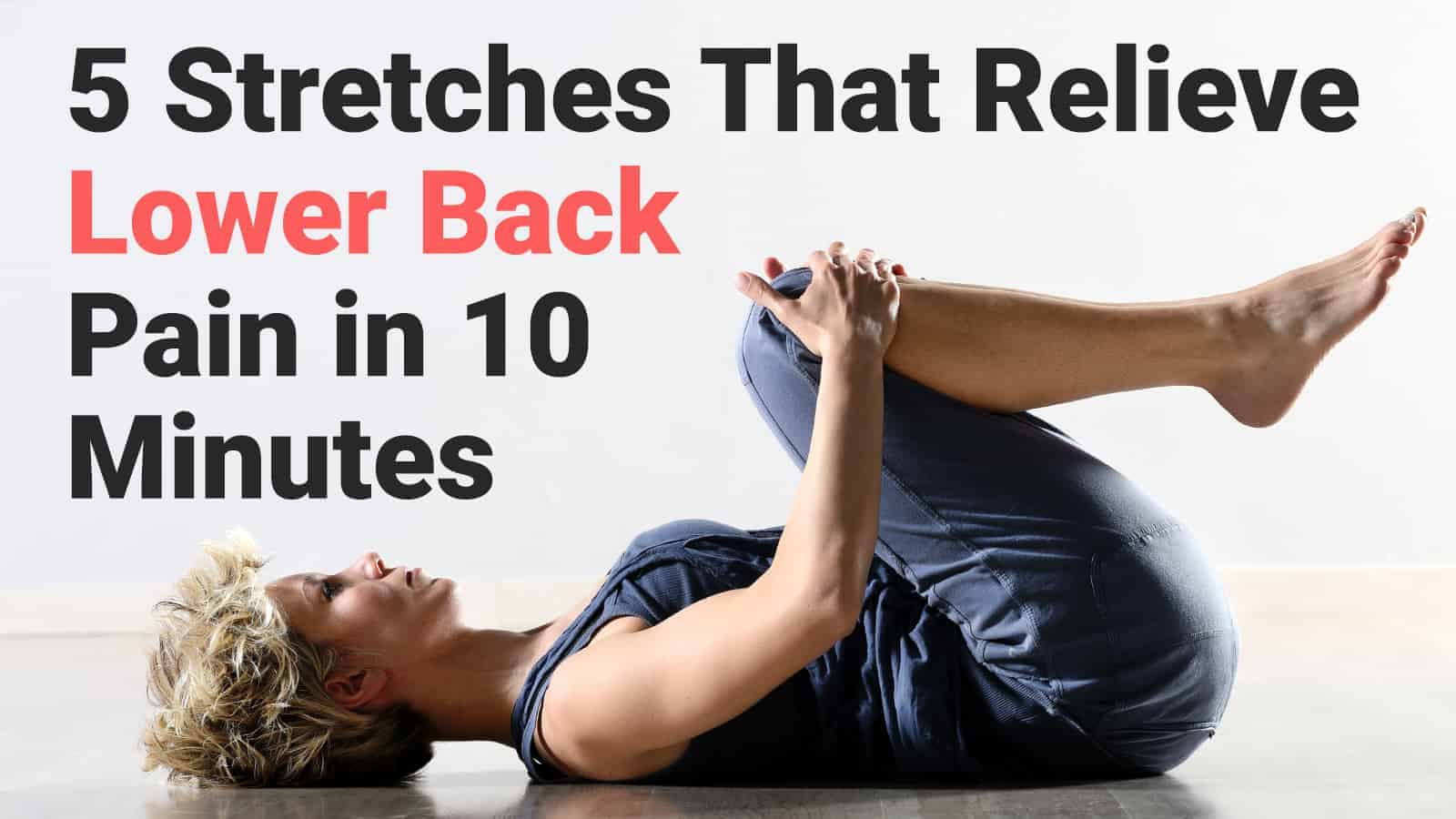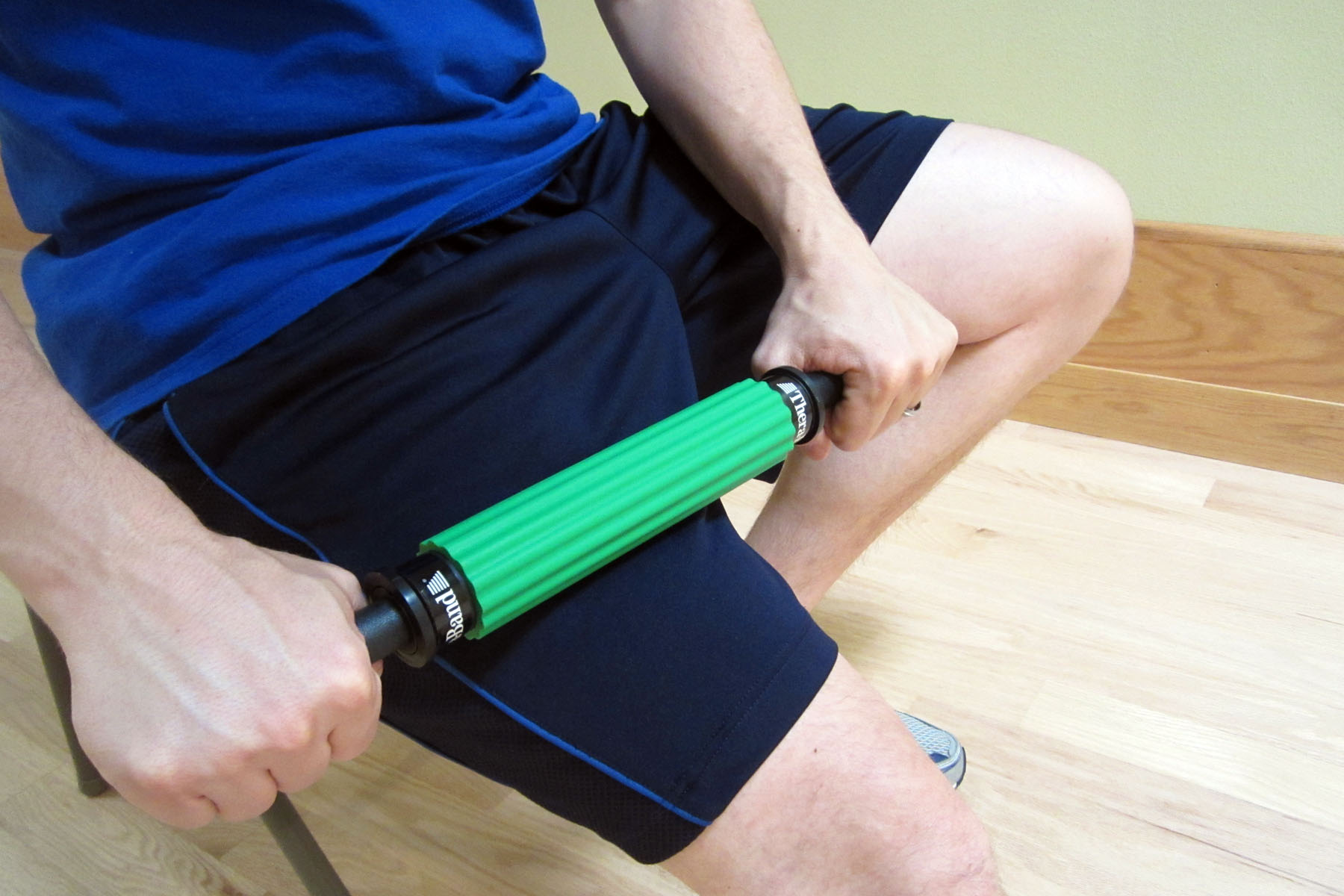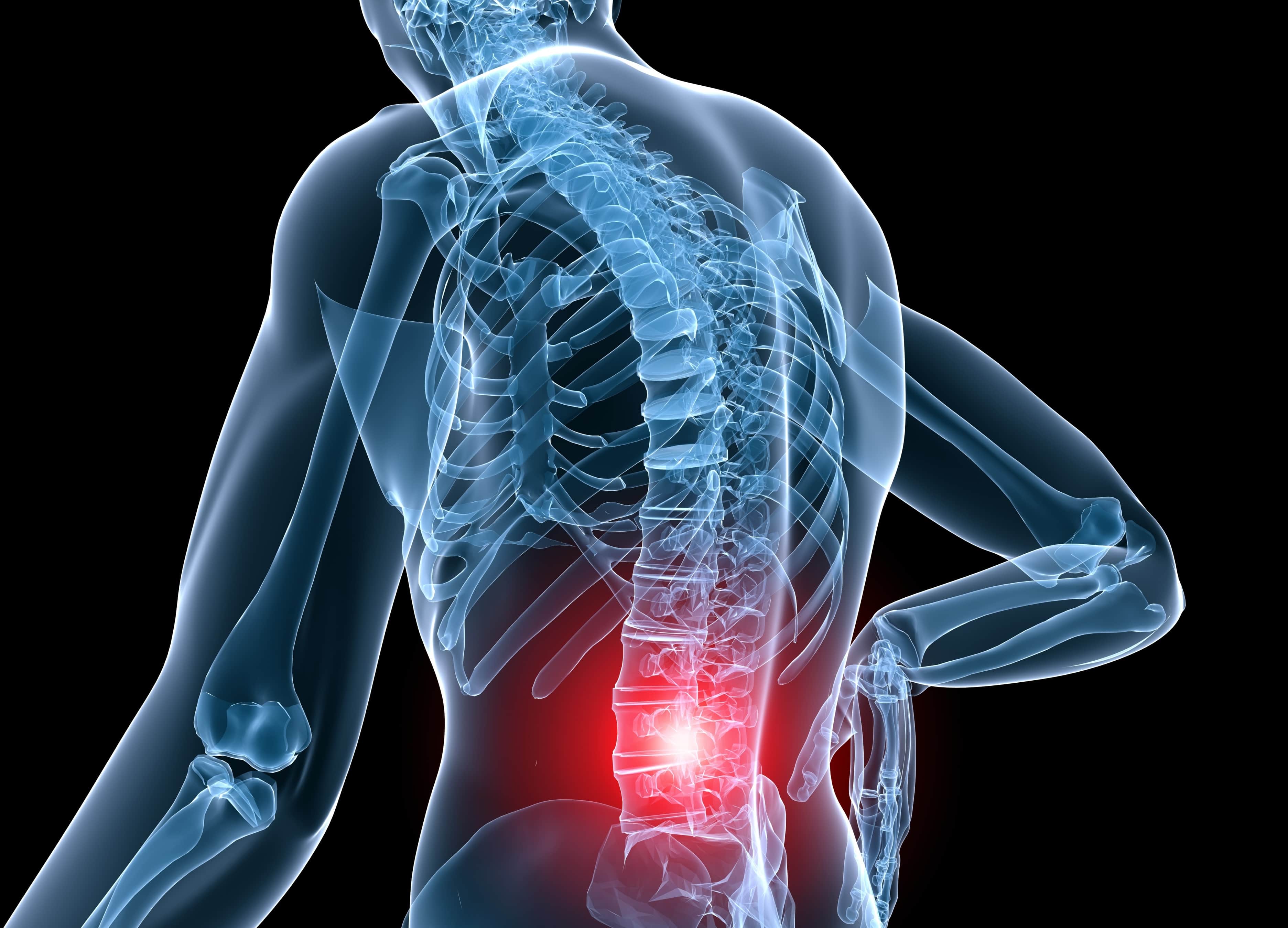Lessons I Learned From Info About How To Relieve Muscle Strain

Severe strains sometimes require surgical repair.
How to relieve muscle strain. Treatment options include: Foam rolling addresses muscle soreness by supporting blood flow, releasing tension in muscles and tissue, and increasing range of motion in muscles, tendons and. Mild strains can be successfully treated at home.
What is it? Apply something cold if the muscle injury is acute. Rest the strained muscle and apply ice for the first few days after the injury.
Taking pain relief medications, such as ibuprofen, to manage pain. Severe strains or tears may require medical. Recovering from a muscle strain at home 1.
Prevention leave your feedback a muscle strain, or pulled muscle, is an injury to your muscle fibres (a torn muscle). People often report the sensation of pain as the feeling of being stabbed. when muscle is initially injured, significant inflammation and swelling occurs. You may strain a muscle if you stretch it beyond its.
Either the muscle has been. First aid for muscle strains. Treatments when to see a healthcare provider prevention olegbreslavtsev / getty images muscle strains, or pulled muscles, are common injuries that can occur.
Muscle strains are common injuries, and you can treat most at home. Learn more from webmd about the causes, treatment, and prevention of low back strain, which is caused by tiny tears in the muscles and ligaments that support the spinal cord. These strains most often occur as the result of an injury or overexertion of the muscles.
Strains are classified with three grades to indicate how severe they are. The first step with any muscle strain (and most musculoskeletal. It may also help with muscle fatigue and flexibility.
Try massage, (use finger over the. Take it easy and rest your strained muscle. Use an ice pack or slush bath of ice.
How do you treat a muscle strain? When the muscle fibers tear, the. Introduction a strain to the muscle or muscle tendon is the equivalent of a sprain to ligaments.
Bone fracture, muscle strain or tear, infection, and arthritis are some of the reasons your hip might hurt. Wearing a compression bandage to support the tendon and muscle. Grade iii strains are serious injuries that cause complete loss of muscle function, as well as considerable pain, swelling, tenderness and discoloration.

















